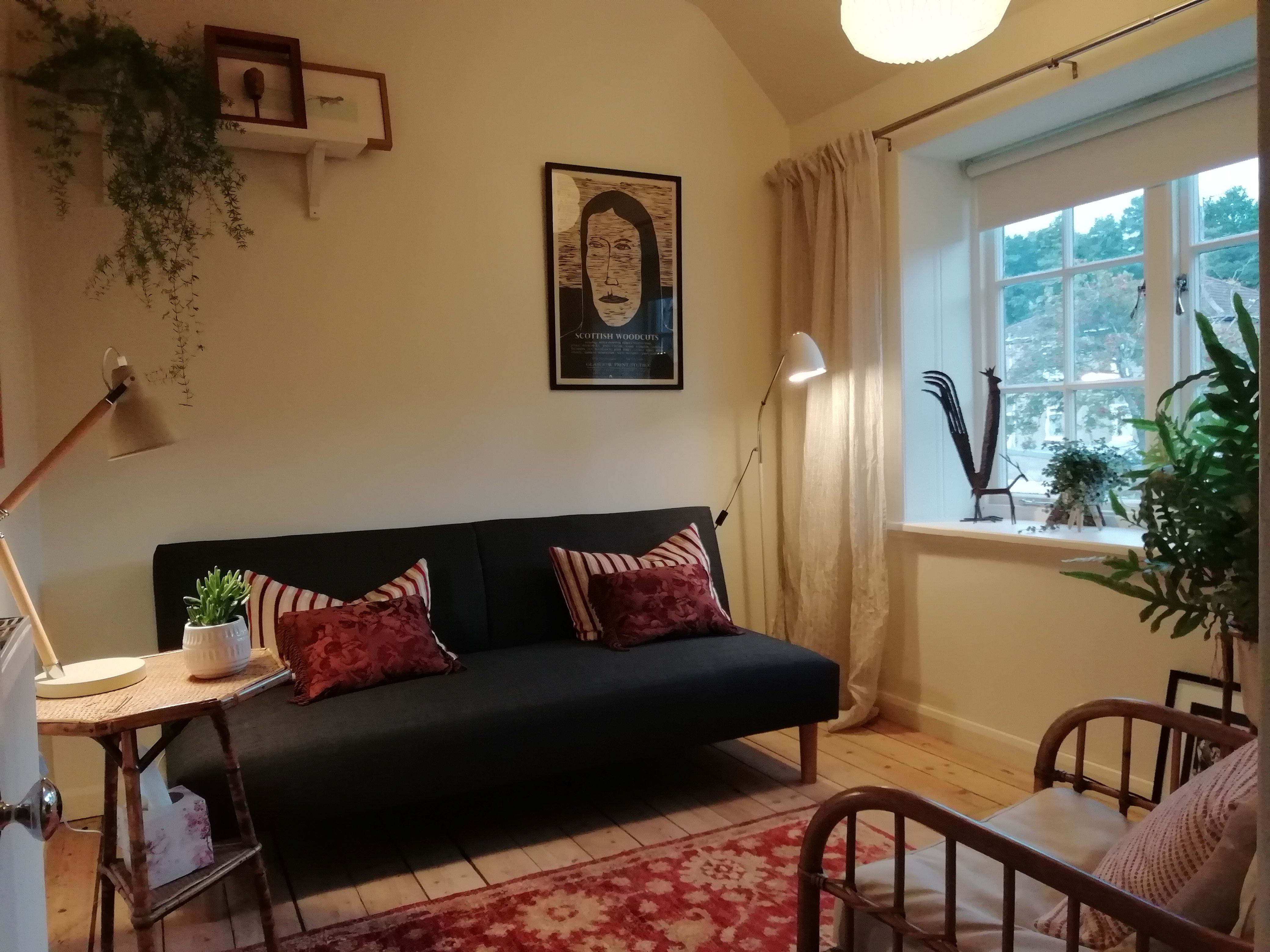The nature of counselling and psychotherapy
Overall, counselling and psychotherapy provide an opportunity to work towards living in a more satisfying and resourceful way. The particular aims that any client brings and the way the psychotherapeutic relationship unfolds will vary according to the clients specific needs.
As counsellor or psychotherapist, my role is to help you work in ways that will respect your values, your capacity for learning what you need to do to change things, and to help you put some of this change into practice.
The difference between Counselling and Psychotherapy
There can be some similarities in the approaches of counselling and psychotherapy. For example, both offer short term and brief therapies. Both can be supportive in helping people through difficult times. However counselling and psychotherapy trainings are different. Generally, counselling trainings are shorter, and tend to be solution based. They can helpfully focus on setting goals for solving a range of problems and managing the counselling relationship.
Psychotherapy training takes more years because it requires an understanding of the developmental processes in people. It focuses on the client's long-term relationship with themselves and others which emerge, and these are carefully discussed in the therapy sessions. Generally. psychotherapy works with deeper layers of need, and explores how these become present in a person's life and why this may be happening. It relates to past, present and future, and can help provide a greater context of understanding and compassion for ourselves while we make the changes that we want.
My experience and qualifications allow me to offer both counselling and psychotherapy. I trained for 3 years to become a counsellor. Then a further 5 years to qualify as psychotherapist. We would simply discuss and agree whether counselling or psychotherapy would be most helpful to you.
The kind of Psychotherapy I offer
My qualifications and trainings are varied. However, my focus has been on Person Centred Counselling, and Core Process Psychotherapy. Both approaches lie within the field of Humanistic Psychology and Psychotherapy. This means that at the core of all the work I offer is my belief in people's ability to develop their potential and take charge of forming their own life. It's called client-centred - believing that you, the client are expert on your own life, and that deep down you already know what is best for you - even though you may not be able to see this yet. My training and experience in this approach assists you to access your own inner resources, enabling you to make the lasting changes you want.
My later, longer-term training is in Core Process Psychotherapy. This is a contemplative psychotherapy; also known as awareness, or mindfulness-based. Sometimes it's called psycho-spiritual, or having a transpersonal approach. It has been taught at the Karuna Institute for more than 30 years, and takes practitioners 5 years study and practice to complete. This psychotherapy brings together the richness of western psychology and psychotherapeutic skills, the knowledge and understanding of eastern psychology, into the tried and tested healing power of mindfulness practice. My aim as a core process psychotherapist is to bring awareness to how you are experiencing your life, however that may be at this time with all its sensations, thoughts, beliefs, and inner processes, and importantly how these are held and expressed in your body. This is particularly important when working with areas of distress, anxiety, depression or trauma - helping you move in the gradual direction of the healing necessary to live life with more ease. Like person-centred counselling, core process work emphasises the basic goodness, clarity and balance we all already have as available potential within us.
